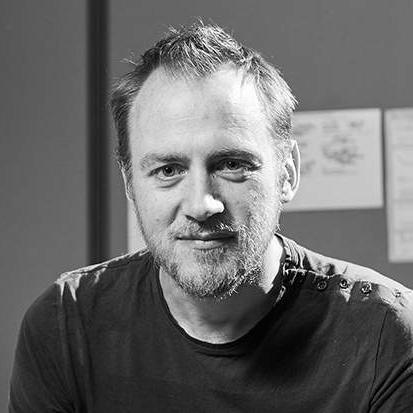Using the ancient DNA to explore human adaptation & evolutionary medicine
Humans are hugely successful organisms, having spread from Africa to occupy most parts of the planet.
This journey had a big impact on human genetic diversity and health, as it involved massive population size changes, and lead to several new adaptations following our exposure to a variety of new environmental challenges and pathogens.
Notably, we still know very little about the genetic origins and environmental drivers of many modern human traits and diseases, since studies of modern populations do not tell us when and where these events first took place. However, with the recent explosion of ancient human genetic datasets, it is now possible to investigate such questions directly.
To make such analyses possible, researchers at the Australian Centre for Ancient DNA (ACAD) have built the Online Ancient Genome Repository (OAGR), which is the first and only repository to collate all available ancient human genome data.
The ACAD team is currently pursuing a number of projects that apply state-of-the-art methods to investigate the role of adaptation in generating modern human genetic and phenotypic diversity, and the genetic origins and environmental drivers of common diseases.
We are looking for students that would like to get involved in research into human adaptation and evolutionary medicine, who would ideally be familiar with either the R or Python programming language, and have some previous experience working in a Linux environment and shell scripting.

- Research area: Human evolution and bioinformatics - Australian Centre for Ancient DNA (ACAD)
- Recommended honours enrolment: Honours in Evolution and Palaeobiology

